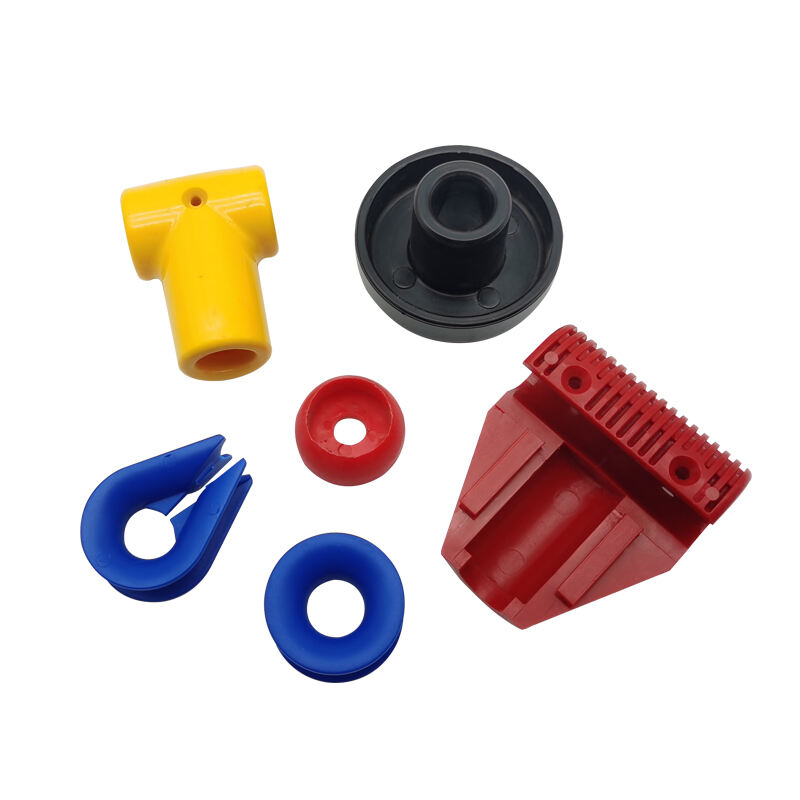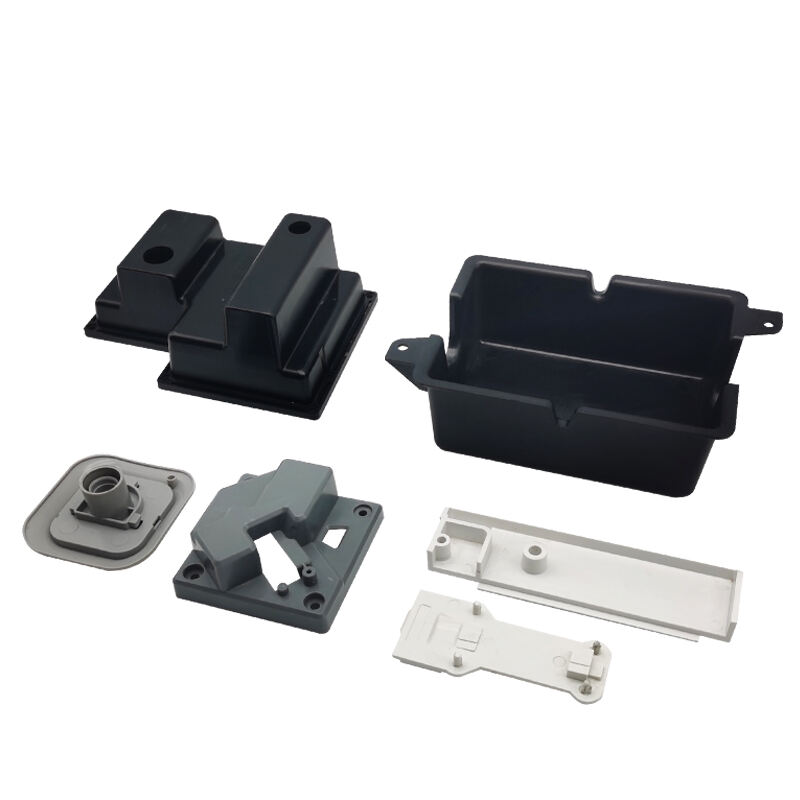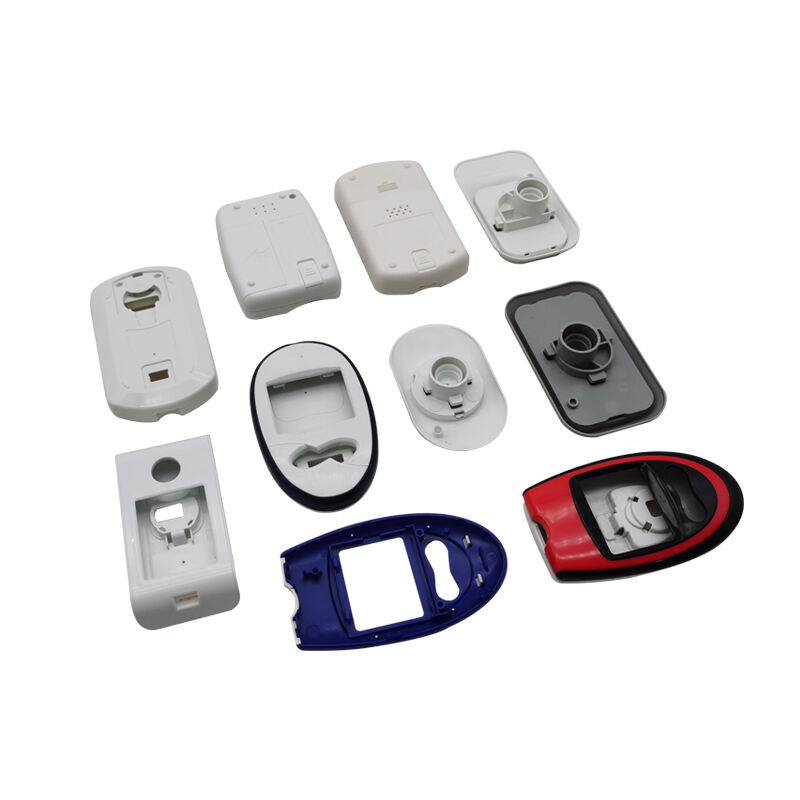plastic injection molding parts
Plastic injection molding parts represent a cornerstone of modern manufacturing, offering a versatile and efficient method for producing high quality plastic components. This manufacturing process involves injecting molten plastic material into precisely engineered molds under high pressure, creating complex and detailed parts with exceptional consistency. The technology allows for the production of components ranging from microscopic medical devices to large automotive parts, all while maintaining strict dimensional tolerances and surface finish requirements. The process excels in producing both simple and intricate geometries, with the ability to incorporate multiple features such as threads, snap fits, and living hinges in a single operation. Modern injection molding machines utilize advanced control systems that monitor and adjust parameters such as temperature, pressure, and cooling time to ensure optimal part quality. The versatility of this manufacturing method extends to material selection, with the capability to process a wide range of thermoplastic and thermosetting polymers, each offering specific mechanical, thermal, and chemical properties to meet diverse application requirements. The technology also supports various surface finishes and textures, color options, and the integration of reinforcing materials such as glass or carbon fibers for enhanced performance characteristics.


